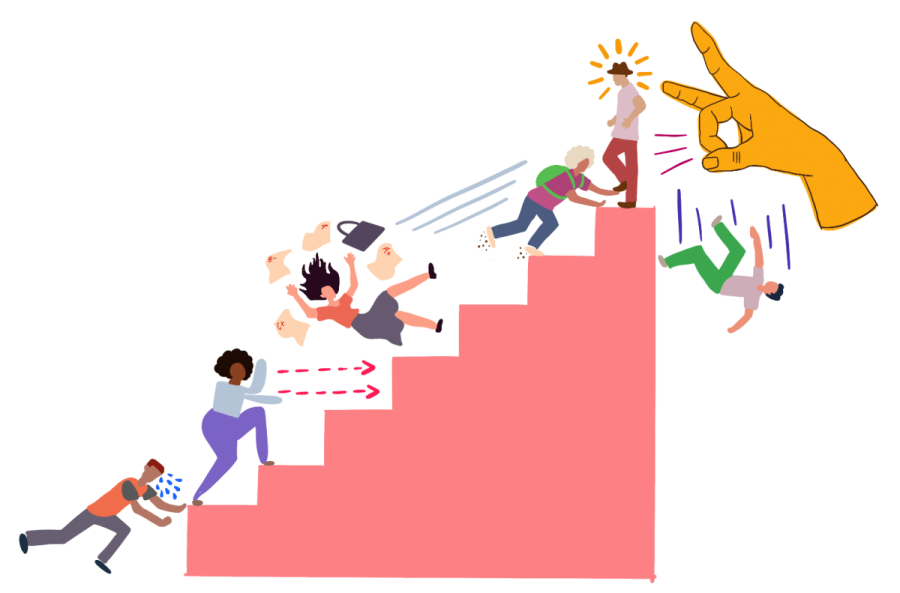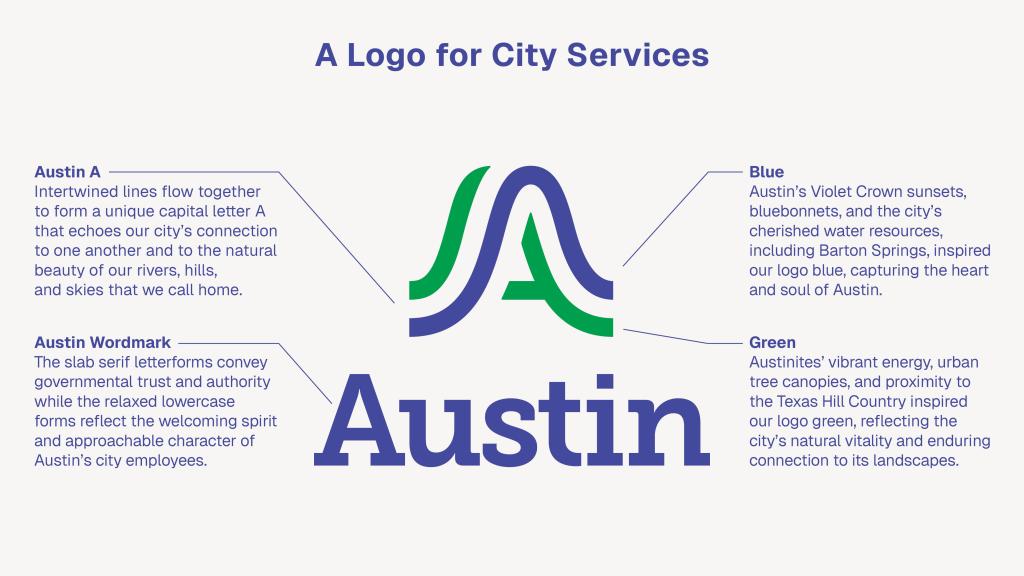“My GPA is only a 4.1 right now, I really need to improve it this year.”
While walking in the hallways, I heard these words muttered by a junior to her friend in front of me. My stomach did a backflip and my hands tightened around my backpack straps in response.
“Why?” I asked internally. “Is 4.1 not good? What am I missing?”
Both that junior and I have something in common: we are shackled to the merciless and destructive class rank system, a hierarchy that haunts many and destroys all in its path.
According to College Board, “Class rank is a mathematical summary of a student’s academic record compared to those of other students in the class.”
This evaluation takes into account the difficulty of their courses, like AP, honors, regular or college-preparatory classes, which is then converted into an overall score, your grade point average, or GPA; however, your class rank GPA only takes into account your core classes and language credits. These specific GPAs are then compared to each other in order to create a more attractive resume to those at the very top, sometimes leading to scholarship opportunities.
The class rank mimics social class. Those at the bottom know that getting anywhere near the top is unrealistic, undermining their sense of self-worth and leaving them feeling like their effort isn’t valuable. Those at the top stress over keeping their place or trying to climb higher, their values warped by an overblown emphasis on academic performance.
The highly volatile rank system promotes extreme and unnecessary competition between peers in an environment that theoretically encourages “teamwork,” “inclusiveness” and “mental-health awareness.” Any concerns about the mental well-being of students by administrators seem superficial when an elitist system is still upheld.
Students with high rankings are not rewarded for how much they’ve learned or how much they know; they are only rewarded for their ability to successfully navigate the system. These students have often taken on a lifestyle that could be considered unhealthy or unbalanced, letting go of hobbies, friendships, relationships and personal pursuit of knowledge and neglecting basic needs such as sleeping, eating and exercising.
A major equity issue with the class rank system is that it significantly rewards students with early access to high school classes in middle school and AP and advanced classes in high school. Those who didn’t start taking high school coursework until high school are automatically at a major disadvantage, with little hope of climbing high in the class rank hierarchy. This inequity penalizes students who go to underfunded schools, do not have the support or encouragement at home, or work a job to support themselves and their families.
Students at the bottom or middle portions of the rank may find their ranking to be extremely demotivating or hurtful. Their value is diminished to a number compared to their peers, as if teenagers don’t already compare too often their relative talents, accomplishments and overall worth.
Education is not a competition, and McCallum being one of the only schools in the district that still shares rank with students is a big disappointment and a detriment to every student’s well-being, whether at the top, bottom, or anywhere in between.








Martha Pruitt • Dec 7, 2021 at 9:40 am
This is a very compelling argument, because the rank system really does reward people with early access to high school courses and students who have had early access probably know how to calculate gpa and how to use the systems because they’ve had more experience with it.
Perla Vela • Dec 1, 2021 at 12:37 pm
Students aren’t given enough information about GPA or higher level classes, I just had to figure it out for myself and I wish I had known sooner or I wouldn’t be in the position I am. So much is just thrown onto students and it’s so upsetting.
Tara Miller • Nov 30, 2021 at 1:21 pm
This. 100%!
I have worked on both the high school, and now the college side in college admissions. I know that class rank is detrimental to student mental health, and is not needed in college admissions. I hope that McCallum eliminates class rank just as Ann Richards, Anderson, LASA, and Austin High have. Most high schools in the country do not rank, and colleges don’t need it. They will look at student transcripts in context of their high school. Thank you for writing such a thoughtful piece!